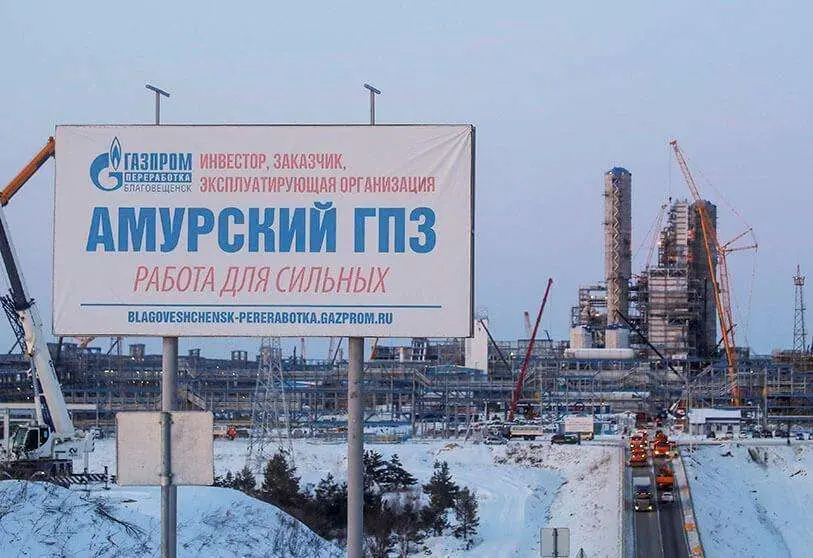Russia flares surplus gas it does not market

The Russian liquefied natural gas (LNG) terminal at Portovaya, close to the Finnish border, is emitting a long-lasting flare every so often. Observers on Finnish soil who have noticed the recurring flare have stopped to check whether it was indeed leaving the plant in the St Petersburg region, which feeds the Nord Stream I pipeline.
The conclusion reached by experts is that Russia is flaring the gas, probably because its reserves are full. The flaring comes from the burning of fuel, fuel that is not being supplied to its usual buyers as a result of the Russian invasion of Ukraine. Unable to stockpile more, Moscow chooses to waste the energy.
Russia produces more gas than it can store. The goal, according to experts, is to minimise the need to flaring gas by maintaining and overhauling it as accurately as possible, and by planning logistics so that there is always the right amount of gas in storage as it is delivered.
The Portovaya plant is owned by Russian state-owned gas company Gazprom. The gas giant, which has become a lobbying tool in the hands of the Kremlin, has been opening and closing the valves on the gas taps of its once Western buyers.
Gas supplies were disrupted in many countries as early as the beginning of the summer, when Gazprom began demanding that customers pay their gas bills in roubles. At that point, gas taps were shut off to those who refused, including the Nordic and Baltic countries, Poland and Bulgaria. Meanwhile, countries such as Hungary and more recently Turkey have agreed to pay in Russian currency.
The countries most dependent on Russian gas in the Old Continent, especially Germany, have been under pressure to accept Russian President Vladimir Putin's demands. For those who have refused, the gas tap has been gradually turned off and prices have soared. Since mid-June, Gazprom has been gradually reducing the flow of gas through the Nord Stream I pipeline, while the blockade of the Nord Stream II pipeline continues.
In early July, the Russian gas company completely shut off Germany's gas taps for 10 days. The reason given by Moscow at the time was maintenance work on the Nord Stream I pipeline. At the time, there were fears in Germany that the taps would not be reopened, which would have aggravated the supply crisis facing Europe's largest economy. The Kremlin resumed gas transit, but the amount of energy was again reduced compared to Russia's assurances. Before August, Gazprom announced a drastic reduction in gas prices. Since the week, only 20 per cent of the pipeline's potential capacity has been transported.










